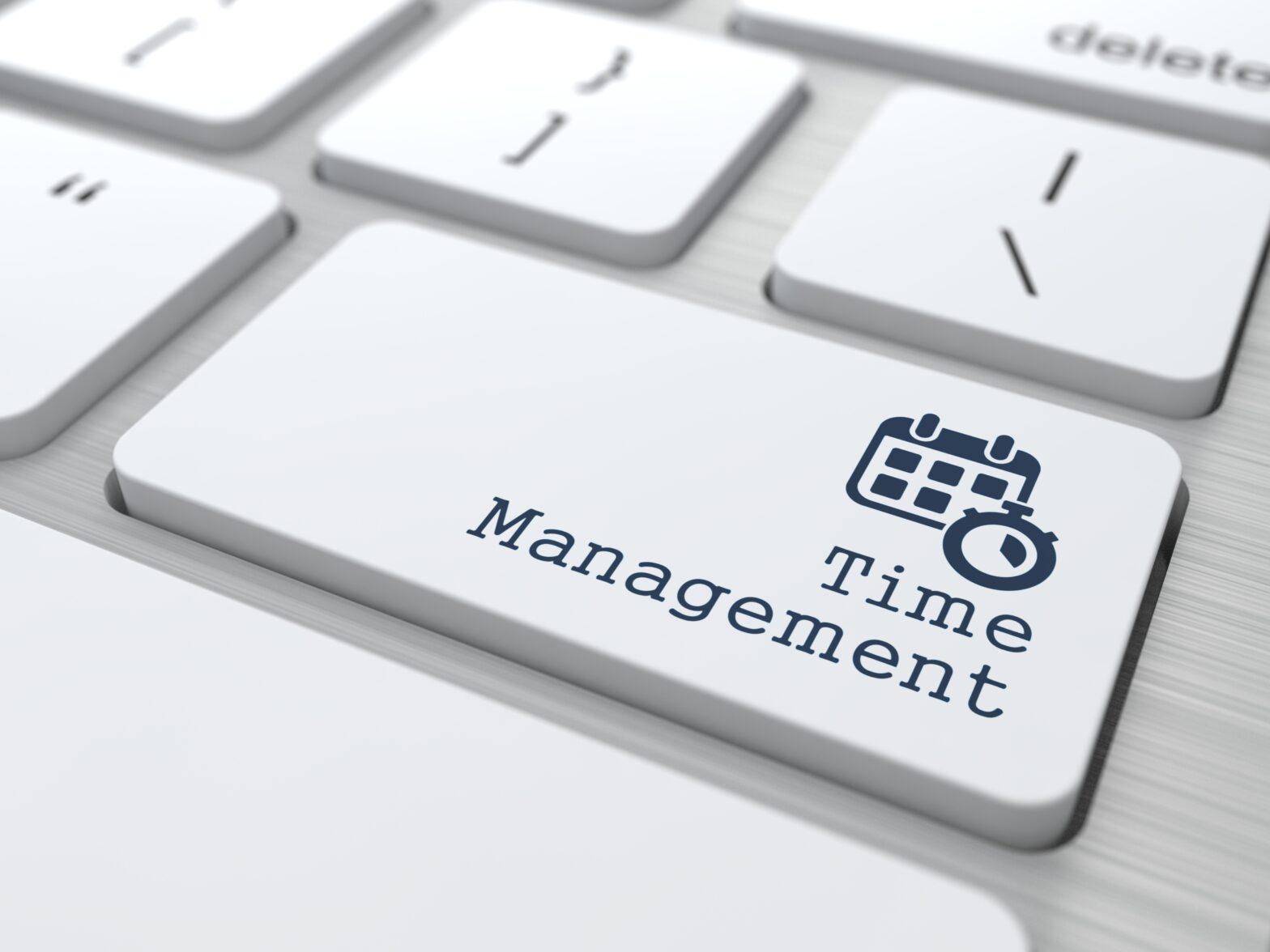They say time is money, but I’d argue that time is in fact more valuable than money. It is a scarce resource, one you cannot simply buy more of but one you must harness to be truly successful when running a business.
The key to making the most of your time is prioritising effectively – in order to do this you need to separate what needs to be done from what can be done. There are so many distractions in the workplace which can blur these lines, but below are some useful tips to help you focus on what’s truly important.
Eradicating emails
Emails are the worst culprit. They are a constant distraction. Trying to ‘beat’ your inbox by keeping it empty is tempting, but it can give you a false sense of achievement, when in reality multitasking often means that you will have done a lot of something, but not much of anything.
Of course, emails are important (especially from your boss), but if it was that urgent, then they would call you directly! For this reason, I’d avoid checking your emails more than every half an hour, and resist the temptation to reply to them straight away once you’ve opened them. There are some that do require attention, but many can be revisited later.
Start the day by prioritising your important tasks and working on them before you even check your emails. As soon as you check them, your day will be built around fulfilling others’ demands, often at the expense of your own deadlines.
Meaningless meetings
Although the lifeblood of any business, meetings can also be a harmful time drain.
The first question to ask is: is this meeting necessary? Too often, time is wasted when 15 minute meetings are called with the whole team, and at the end you realise you could have achieved the same outcome if one colleague simply wrote an email.
There are a few questions you can ask yourself to work out if a face-to-face meeting will be genuinely useful:
1. Is there likely to be discussion, or will it be a one-way conversation?
2. Is the content complicated or potentially confusing?
3. How important is the content – is it necessary to clarify objectives face-to-face?
Although it may take you longer to write the email than it would to share the information verbally, by doing so you are avoiding eating into the rest of the team’s valuable time.
On top of this, organising a time and place that works for everyone can be a time-consuming a stressful task as you get caught in the endless and unproductive back and forth of email chains and WhatsApp messages. Often, more time is spent organising the meeting than attending it! Using a scheduling app like Doodle can dramatically streamline this process and cut out this unnecessary time drain.
Prioritise prioritising
It sounds strange to say, but your top priority at the beginning of the day should be setting priorities!
When you feel swamped, it’s easy to panic and think that everything is urgent when in reality it isn’t. This is especially true if have a particularly ‘loud’ colleague or client who thinks all of their tasks should be top priority.
It’s worth spending the time to assess and plan your day – separating your tasks into ‘urgent’ or ‘important’ gives you the peace of mind to know that you aren’t missing anything that will have negative consequences. Also, to make your seemingly never-ending to-do list less daunting, chop off the tasks that aren’t urgent or important, add them to tomorrow’s list.
You should think about the order of tasks here too – if you have a number of tasks that are both urgent and important that need to be finished by the end of the day, it may be better to take on the lengthier, more complicated tasks first.
Tasks you can automate
Although it can make you feel like you’ve achieved a lot, filling your days with low-skilled admin style tasks is simply a method of procrastinating and avoiding the more difficult, strategic tasks that really matter for the business – these should always be the top priority.
Because we’ve watched a few too many movies, we can be scared of ‘robots’ replacing us, but this is far from the truth. AI and automation enables us to do our jobs better by taking many of the time-draining tasks off of our hands, leading to cheaper, quicker and more accurate results.
AI is continually becoming more sophisticated; whether it’s taking admin off your hands (like scheduling meetings) or conducting detailed analyses of data and recognising trends and patterns, there are already so many fantastic uses that improves the efficiency of everyday business.
For example, Grammarly is a particularly clever tool that saves so much time and stress by proofreading for you, identifying poor punctuation, grammar, and even identifies areas where you aren’t using the best vocabulary that you could be.
Tasks you can delegate
Of course, AI can’t do it all for you – Sometimes you find yourself doing tasks that are below your skill level and not the best use of your time.
You want the best results possible. It can be tempting to micromanage, and you may miss some of the lower level tasks that you used to do, but ultimately you must make sure you are prioritising the tasks that are the best use of your time. There are so many tasks that you can delegate, just trust your team!
Gabriele Ottino is CEO of Doodle.





